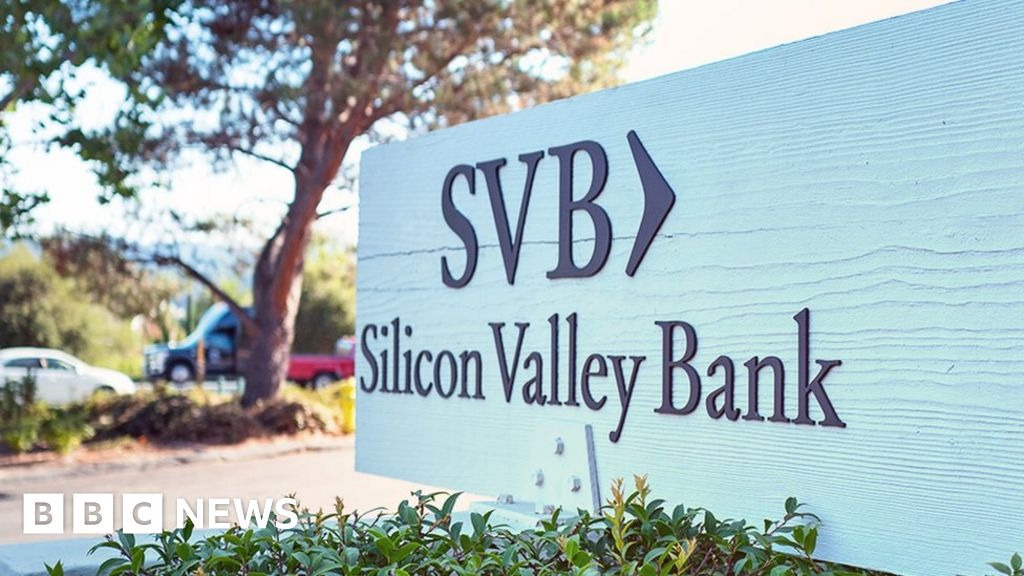Over the past decade, the United States has seen its fair share of banking crises. From the 2008 financial crisis to the recent COVID-19 pandemic, there has been a lot of uncertainty surrounding the stability of the country’s banking system. So, how worried should you be about a banking crisis in the USA?
Firstly, it’s important to understand what a banking crisis is and how it can affect the economy. A banking crisis occurs when there is a widespread loss of confidence in the banking system, leading to a run on banks and a potential collapse of the financial system. This can have devastating consequences for the economy, including decreased investment, rising unemployment, and a decrease in consumer spending.
One of the biggest concerns surrounding the stability of the US banking system is the potential for another financial crisis similar to the one in 2008. The 2008 crisis was caused by a combination of factors, including an overheated housing market, excessive risk-taking by financial institutions, and a lack of proper oversight by regulators. The crisis led to the failure of several large banks and a widespread panic among investors.
While it’s impossible to predict the future, there are several reasons to believe that another financial crisis is not imminent. First and foremost, there have been significant regulatory reforms put in place since the 2008 crisis to increase oversight and reduce the risks posed by financial institutions. The Dodd-Frank Act, for example, has implemented a number of measures to improve transparency and accountability in the banking system.
Another reason to be cautiously optimistic is that the US economy is currently in a relatively stable position. While there are concerns about inflation and rising interest rates, the overall economic indicators suggest that the economy is continuing to recover from the pandemic. Unemployment is down, GDP is growing, and consumer spending is on the rise.
Of course, this isn’t to say that there aren’t risks to the US banking system. The ongoing COVID-19 pandemic has caused significant disruption to the economy, and there are concerns about the potential for a wave of loan defaults and bankruptcies in the coming months. Additionally, the increasing prevalence of cyber attacks and other digital threats poses a risk to the security and stability of the banking system.
So, how worried should you be about a banking crisis in the USA? Ultimately, the answer depends on a number of factors, including your personal financial situation, your level of risk tolerance, and your long-term investment goals. If you are heavily invested in the stock market or other high-risk assets, you may want to take a more cautious approach and consider diversifying your portfolio to reduce your exposure to the banking sector.
It’s also important to keep a close eye on the overall economic indicators and news coming out of the banking industry. If there are signs of significant instability or widespread loss of confidence in the banking system, it may be time to reassess your investment strategy and consider taking steps to protect your assets.
Overall, while there are certainly risks to the stability of the US banking system, there are also reasons to believe that another financial crisis is not imminent. By staying informed, diversifying your investments, and taking a cautious approach, you can help protect yourself from the potential risks posed by a banking crisis.
